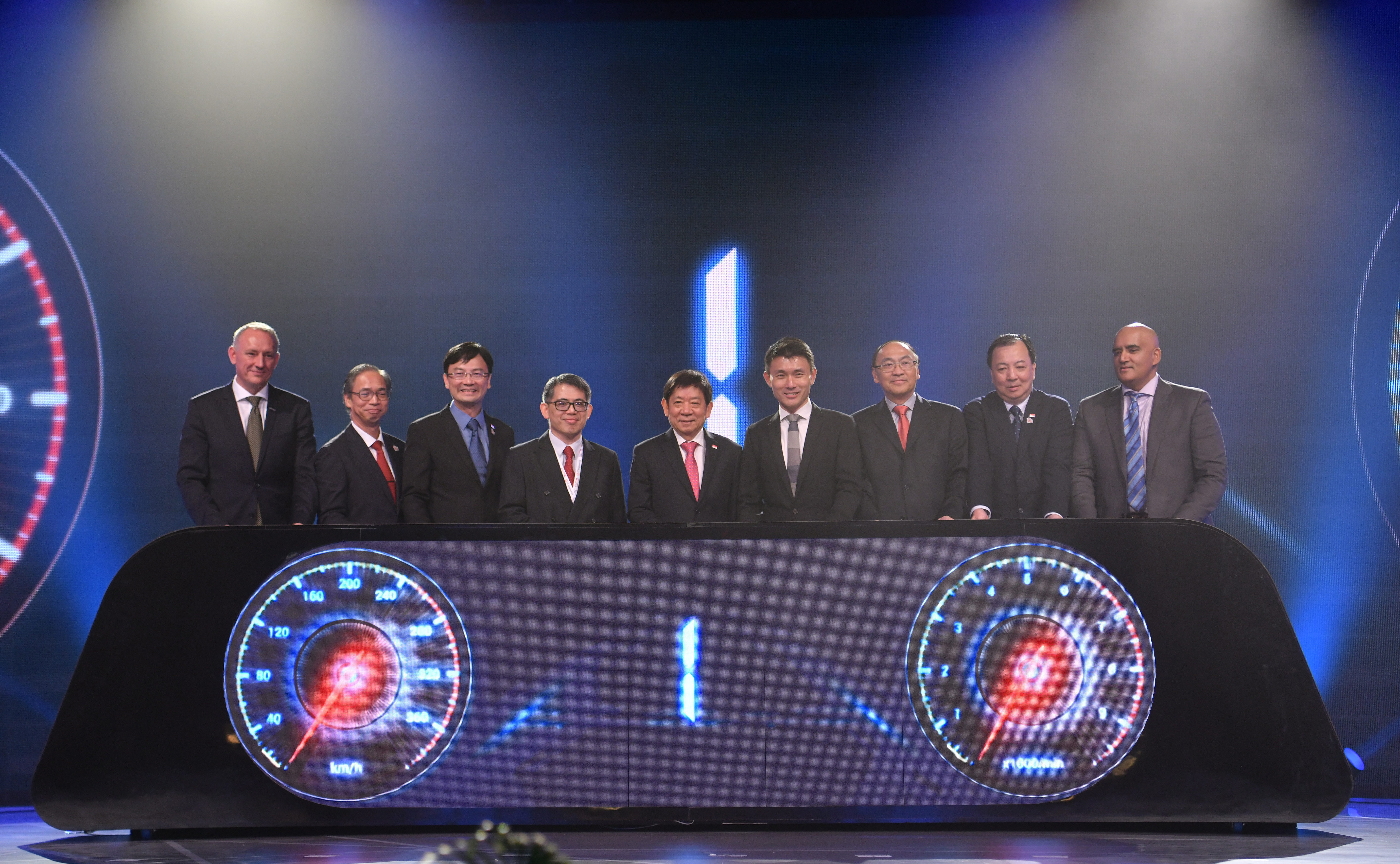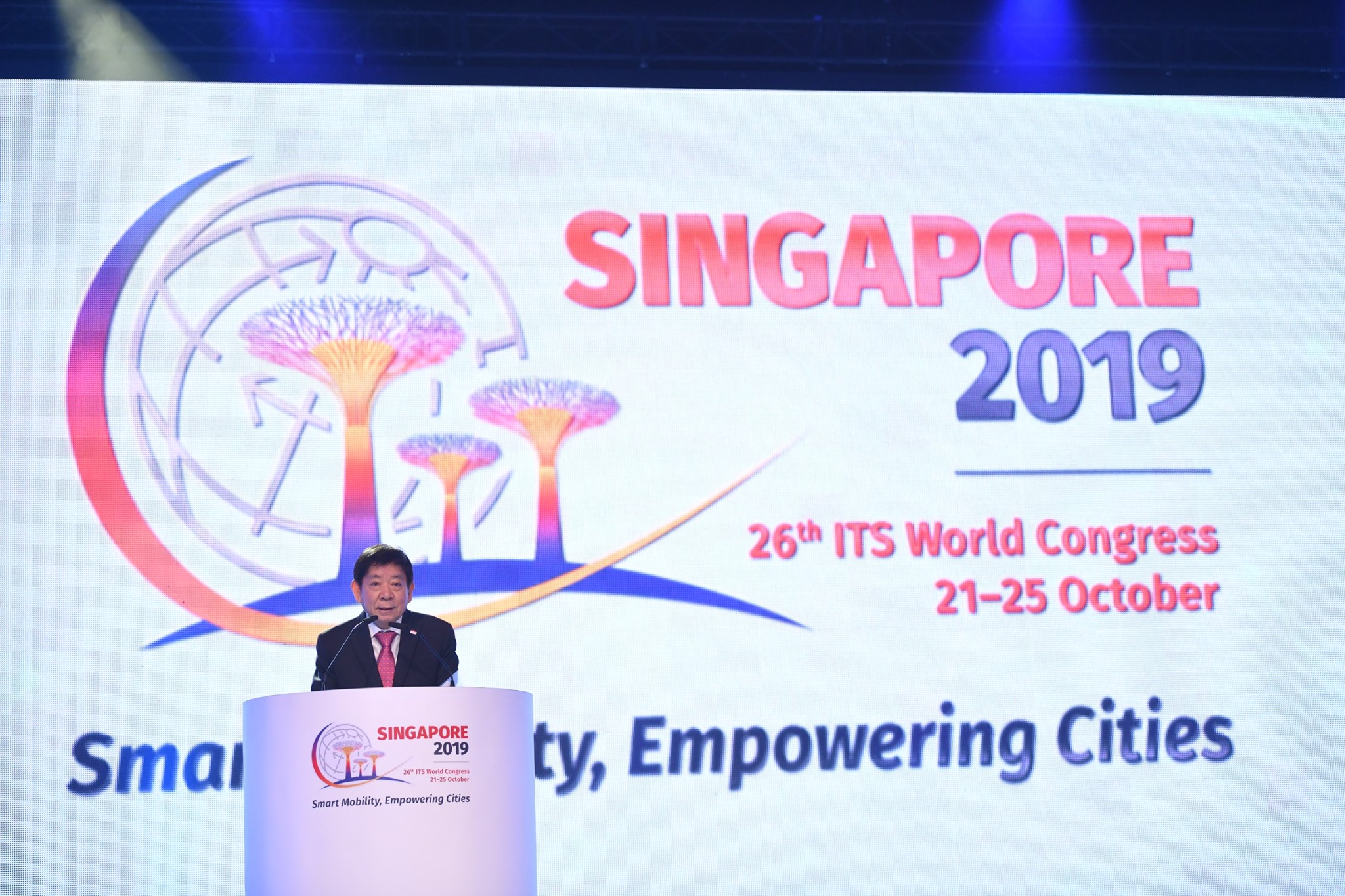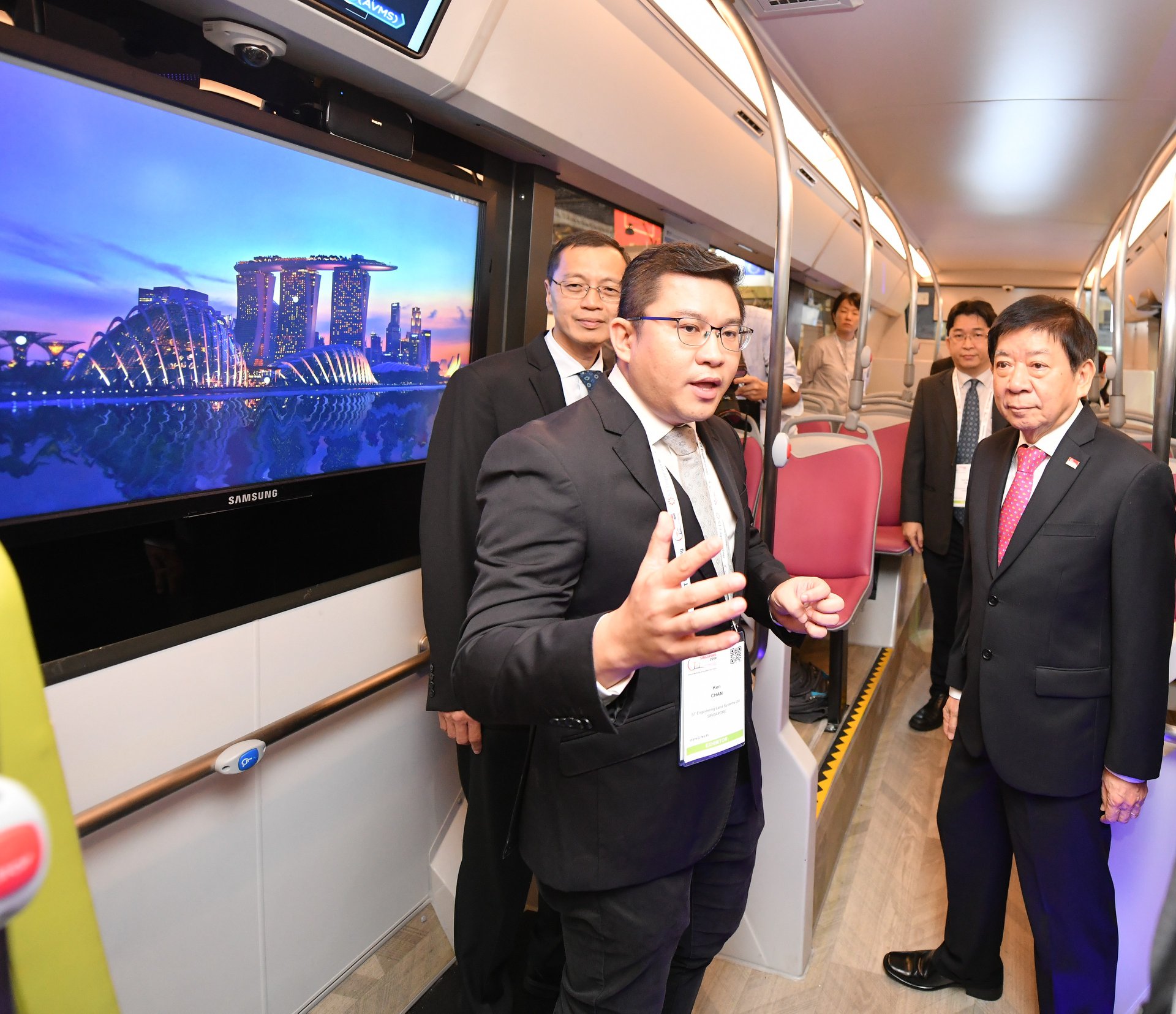When it comes to resolving public transport challenges, Singapore takes its time to understand and clearly define problem, before assessing the options, said Transport Minister Khaw Boon Wan.
Speaking at the opening of the 26th Intelligent Transport Systems (ITS) World Congress, Khaw added, "We do not rush to be ahead of the curve, to be the first in adopting new-fangled technologies for essential services like public transport."
Rather, "what is crucial is that we are plugged-in, and are fully aware of what new technologies are available out there." Through participating in the development of new technologies – through trials, pilots and research – Singapore would be able to better assess a technology's maturity and judge its timing for adoption.
Khaw, who is also Singapore's Coordinating Minister for Infrastructure, highlighted three examples of the country's approach in transport system management.
The first of which is tackling traffic jams using the Electronic Road Pricing (ERP) and the Certificate of Entitlement (COE) systems.
"Smooth-flowing traffic is a competitive advantage for any city. In 1975, we pioneered road-pricing by implementing an area licensing scheme to regulate the flow of vehicles within the Central Business District," he explained, adding that the COE system helps to keep the overall vehicle population in check, thereby managing congestion.
Meanwhile, looking award, Singapore sees Autonomous Vehicles (AV) as having the potential to further transform urban mobility and improve the living environment. "Singapore is actively exploring how AV technology can be applied to public transport to further optimise our limited transport resources, including road space and the supply of drivers," Khaw said.
Lastly, the island state is committed to a cleaner and greener land transport system through the adoption of Electric Vehicles (EVs). Khaw explained that with climate change causing extreme weather patterns and rising sea levels, there is great urgency for policy makers and vehicle manufacturers to act. As a low-lying island city-state, Singapore views climate change as an existential issue.
"Among many other strategies, Singapore is working with Bolloré to roll out a fleet of 1,000 shared electric cars and install 2,000 charging points across Singapore. We are working with other industry players, like the SP Group, to ramp up EV charging infrastructure nationwide, (and) we are committed to a 100 per cent cleaner energy public bus and taxi fleet, latest by 2040."
Held in Southeast Asia for the first time this year at Suntec Singapore, the ITS World Congress was themed “Smart Mobility, Empowering Cities”. More than 10,000 delegates from over 80 countries are expected to attend the five-day Congress from October 21 to 25.
The Congress is a platform to showcase the latest innovations and technologies for smart urban mobility. It also provides an opportunity for policymakers, industry and academia from around the world to share insights, experiences and best practices in the land transport sector.
The programme features close to 200 sessions and interactive panel discussions, 30 specially-curated technical demonstrations and tours, as well as 11 associated events, including LTA’s inaugural Autonomous Mobility Summit.
To inspire and nurture the next generation of ITS leaders, 60 tertiary students and youths from Singapore and other countries across the Asia-Pacific region will also take part in the Youth Leadership Development Programme.





